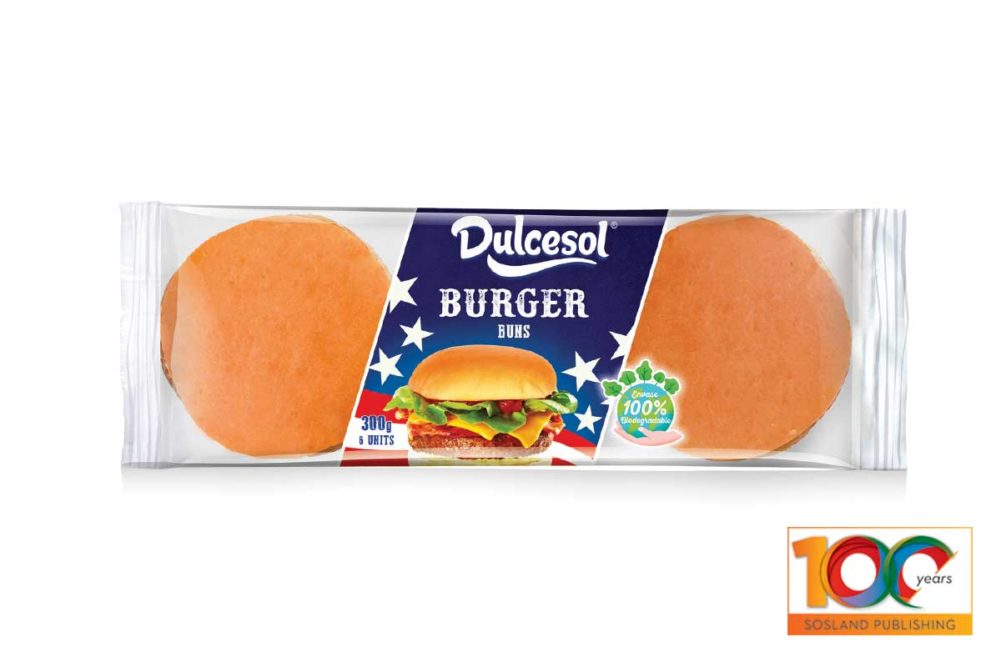Globalization provides major bakery players with plenty of new markets to play in and sell their products, but it also offers new suppliers for ingredients and other raw materials. The opening up of the global supply chain over the past few decades has helped companies cut costs.
“One positive aspect is the ability to boost competitiveness now that raw materials can be bought from every corner of the globe,” said Rafael Juan, chief executive officer of Vicky Foods, a global company based in Valencia, Spain, that owns the Dulcesol brand.
This opens the door to cheaper raw materials and labor costs by moving production capacity internationally. This global supply chain, however, doesn’t come without risk and trade-offs. Transparency and traceability become paramount as countries put in place more food safety regulations, such as the US’s Food Safety Modernization Act. Bakers must vet international suppliers and create a paper trail to prove food safety standards are being met.
“We’ve had to shift more company resources to keep up with those regulations and vet suppliers against the regulations,” said Chuck Metzger, chief executive officer, Hearthside Food Solutions, Downers Grove, Ill., of the challenge.
And the coronavirus (COVID-19) pandemic frayed the edges of this interconnected supply chain. While a globalized supply chain would seem insulated against world events that are isolated, a pandemic impacts every part of the world, from the source of the ingredients to processing and shipping. As baking companies reevaluate the vulnerabilities revealed by the pandemic, Mr. Metzger believes the industry will move to a hybrid supply chain approach.
“It’s going to be a healthy balance between domestic and global suppliers; I don’t think there will be a full pivot back to domestic,” he said. “Companies will split their supply chain between domestic and low-cost, global models. Companies will become more strategic in terms of how they think about their supply in critical areas.”
This can also look like partnering with suppliers who are local to the area of a specific production facility. Europastry operates with a business model of “think global, act local.”
“Although we are a large company, we work with local suppliers and strive to make the entire value chain a more sustainable process,” said Carolina Moré, marketing director, Europastry USA, Long Island, NY.
This article is an excerpt from the May 2021 issue of Baking & Snack. To read the entire feature on Centennial Report: Global Bakeries, click here.






